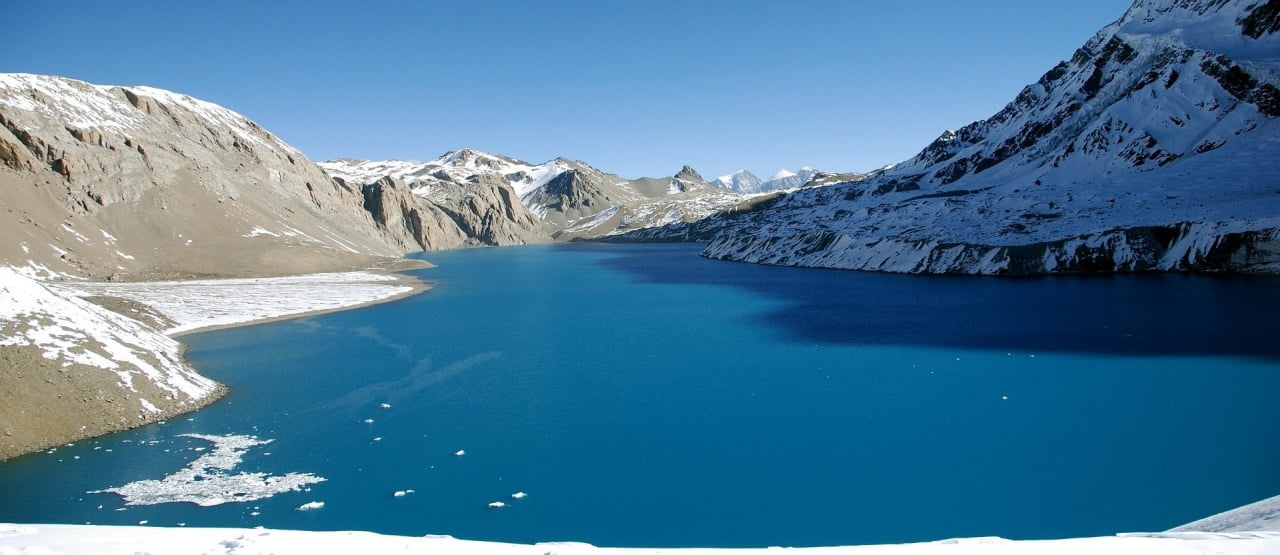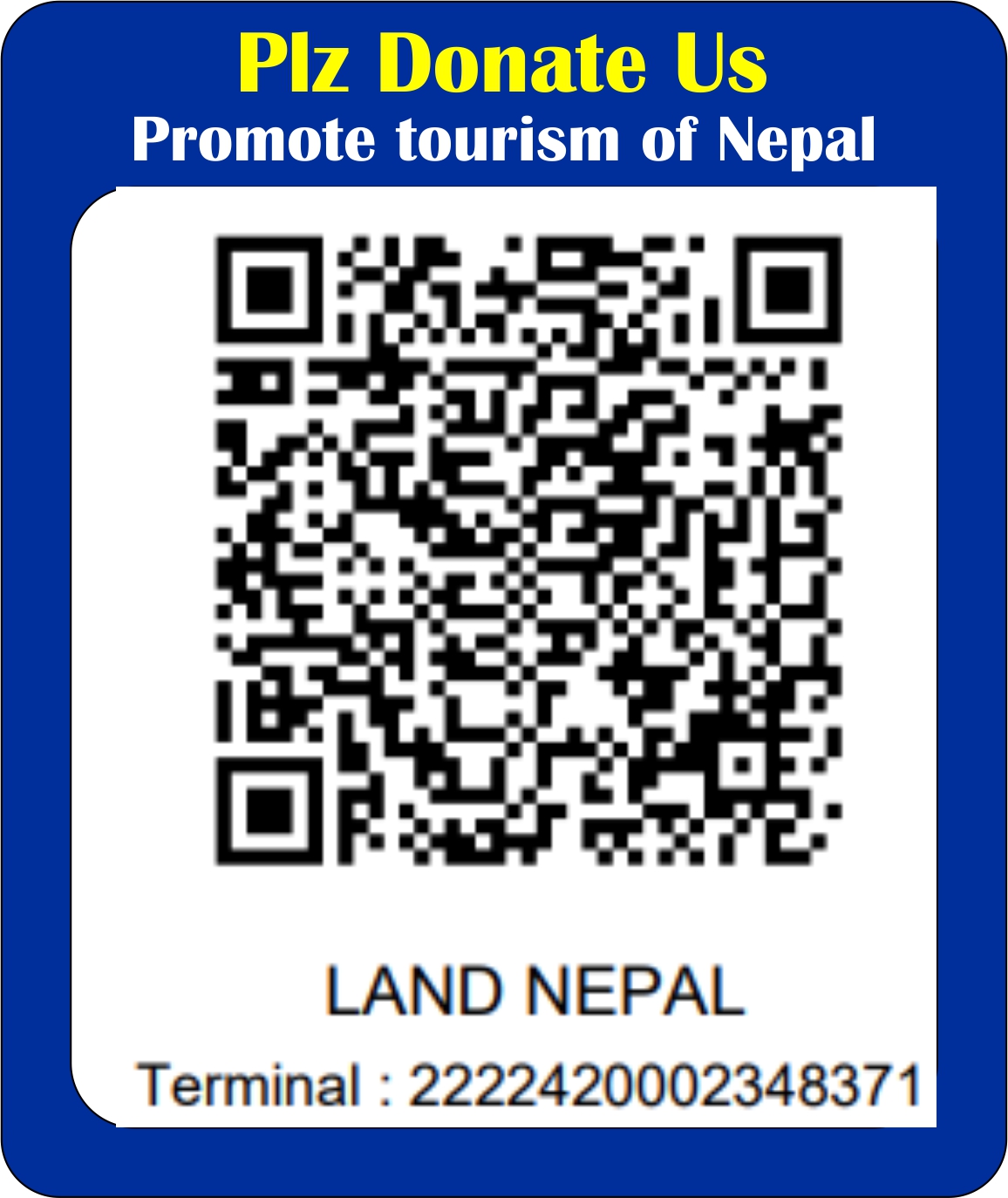Nepal is a small country with geographical diversities. The topographical distribution of our country is pretty amazing. Nepal, geographically is divided into 3 major regions. Himalayan region, Hilly region and Terai region. Nepal is blessed by the snowy sky kissing mountains, the extended greenery in the high hills and the plain fertile Terai. All of these variations in a small country of 1,47,181 sq. Km area. These variations have resulted in the physical peculiarity of the our geography. Numerous heavenly natural sites are blossomed by the topographical arrangements. Few of the gifts by nature, to our country, attracts the people around the world to witness the immense beauty and speciality. And one of many such prides, is Tilicho lake.
Tilicho lake is the lake situated at the highest altitude in the word. Yes, in the world. It lies 4919 meters ( 16,318 ft.) from the sea level. The lake is situated in the Manang district of Nepal falling in the himalayan region. It is 55 kilo meters from the city of Pokhara as a direct pathway to the destination. To be precise, at 28.6833° N, 83.8567° E. According to the Nepali Department of Hydrology and Meteorology, no living aquatic organisms are reported in the lake. This might be because of the very low temperature in the himalayan belt. The glacial lake is extended to a large dimension. Its maximum length is 4km (2.5 miles) and the maximum width reads as 1.2 km (0.75 miles). The surface area of the lake is abot4.8 sq. Km . The lake is 85 meters deep. The reported water volume of the lake is 156×10⁶ L, around 41,000,000 US gal. The lake is surrounded by high mountains Muktinath Peak, Nilgiri, Khangsae and Tilicho.
The lake also holds the religious traces in the Hindu religion. The lake is believed to be the then Kak Bhusundi Lake mention in the holy epic Ramayana. According to the holy book, sage Kak Bhusundi is the person to detail the happenings of Ramayana to the Garuda. Garuda is known as the king of birds. The events was narrated near this lake. The sage transduced himself to the crow while elaborating the story to Garuda. Kak is translated to Sanskrit by a crow, this resulted the name Kak Bhusundi for the sage and thereby, the lake was called Kak Bhusundi lake by his name. Tilicho lake is one of the major sites of trekking in Nepal. It is the soul of the trek of the Annapurna circuit. Here, different travel agencies offer their respective plans and packages for the travel. On the way to the tilicho lake, we can also enjoy the numerous eye catching features, scenes and other specialities of the respective places. The trek starts from Chame. Chame is the small, low populated village of Gurung community. The tea houses there are the ones to check out for. The trek from Chame initiates to Pisang. There you can enjoy the Tibetian Inscribed mani stones and gompa. The soaring Annapurna II and Annapurna III also offers eye catching site you can witness through Pisang. The trek continues to the manang village where you can observe different natural enjoyments.
The old Gompa and the icefall across the river. There’s a lot to explore in the Manang village. The Ganga Purna lake is to watch out for. There you can enjoy hikes to Ice Lakes, Milarepa’s cave across the river Barga and all that. The walk continues to Siri Kharka through the Khangsar Khola. Thereafter, the trek to the Tilicho base camp at an elevation of 13,780 feet. And the final walks towards the Lake is continued from the base camp. After the walk of approximately 5 hours, you stand beside the lake at the highest altitude of the world, the Tilicho lake. Whenever the name of the Tilicho lake is taken, the name of our country follows by. Tilicho lake adds up to the high fame of our country in the global fraternity. One more star to the galaxy of pride is added by the lake. Similarly, it also holds an immense significance in the tourism sector. Yearly, high number of international and national tourists destine themselves to wander in the high altitude of nature. This contributes a notable hand in the national economy of the country.
-Article written by: Suyash Dhakal for Land Nepal




